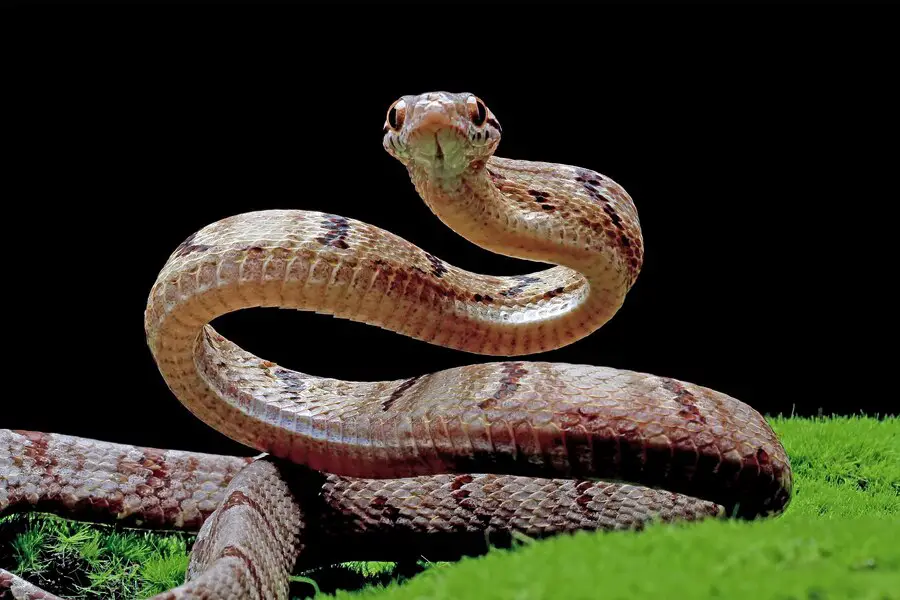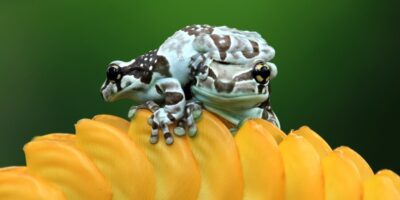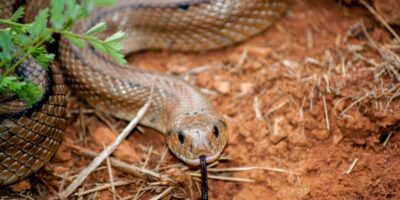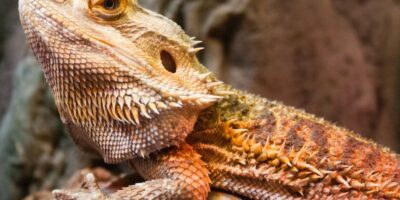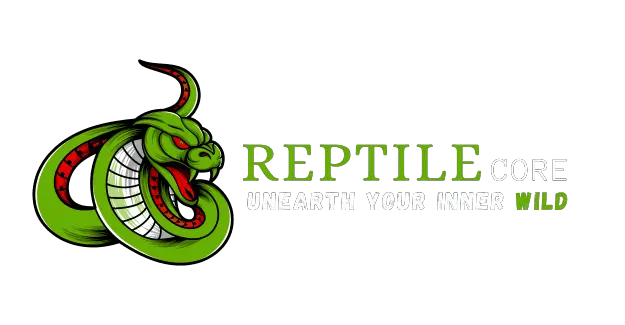Musking in ball pythons is a defense mechanism where they release a foul-smelling substance from their cloacal glands. The musk not only serves as a warning to potential predators, but it can also stain surfaces and be difficult to remove.While musking is natural and can happen occasionally, excessive musking may indicate stress or discomfort. So, it’s essential to create a calm and secure environment for your python to minimize musking incidents.
Musking is a behavior exhibited by ball pythons and other snake species as a defense mechanism when they feel threatened or stressed. It involves the release of a musky odor from their anal glands. This musk serves as a deterrent to potential predators by making the snake less appealing or even repulsive. However, it’s important to note that not all ball pythons will musk, and the frequency of musking can vary from snake to snake.
Understanding the Musking behavior
Musking is a defensive mechanism exhibited by various snake species, including ball pythons. When a snake feels threatened or stressed, it can release a strong, musky odor from special glands near its cloaca, which is the opening at the end of its body. Snakes are just trying to protect themselves and survive in their natural environment. They release a smelly musk from special glands near their back end and let me tell you, it’s not exactly the most pleasant odor.
Factors Affecting Musking in Ball Pythons
When it comes to musking in ball pythons, there are a few factors that can influence this behavior. One factor is stress. If your snake feels threatened or uncomfortable in its surroundings, it may release musk as a defense mechanism. Another factor can be improper handling. If you handle your snake too roughly or invade its personal space, it might respond by musking. Additionally, certain health issues or improper husbandry practices can also contribute to musking behavior.
It’s important to make calm and secure environment for your ball python to help minimize musking incidents.While some ball pythons may be more docile and calm, others might be a bit more feisty or nervous. These can be influenced by factors such as genetics, early handling, and their overall environment. Some ball pythons might be more curious and enjoy being handled, while others may prefer to be left alone. Snake owners need to spend time observing and getting to know their individual ball python’s behavior and preferences.
Socialization refers to the process of getting a snake accustomed to human interaction and handling. It’s all about helping them feel comfortable and secure in our presence. When starting with a young ball python, regular and gentle handling can be beneficial in helping them become familiar with being touched, held, and moved. This can help reduce stress and make them more comfortable with human interaction as they grow.
Ball pythons are naturally shy and prefer to have hide spots where they can retreat and feel safe. It’s important to offer them appropriate hiding places, such as caves or snug hides, in their enclosure. This allows them to regulate their body temperature and lowers stress levels. The enclosure should also have a suitable substrate, such as aspen or reptile carpet, which provides a comfortable surface for their slithering adventures.
Minimizing Musking
To minimize musking in ball pythons, there are a few things you can do. First, make sure you handle your snake with care and gentleness, avoiding any sudden movements or rough handling. Gradually and consistently get your python used to being touched and held. Providing a comfortable and secure enclosure with hiding spots and proper temperature and humidity levels can also help reduce stress. Regular feeding and a consistent routine can also contribute to a calmer snake.
There are a few key things to kept in mind to reduce stress. Firstly, it’s important to approach them calmly and confidently, using slow and gentle movements. This helps them feel more at ease during the handling process. When picking them up, it’s essential to support their entire body and avoid sudden or jerky movements. It’s also crucial to be mindful of their comfort and give them breaks if they show signs of stress, like heavy breathing or attempting to escape.
Creating a calm and stress-free environment for our scaly pals, like ball pythons, is crucial for their overall well-being. Firstly, maintaining a consistent and suitable temperature and humidity level in their enclosure is essential. This helps replicate their natural habitat and keeps them comfortable. Providing a variety of hiding places and enrichment items, such as branches or fake plants, allows them to feel secure and stimulated. It is important to minimize loud noises and sudden movements in their surroundings
Regular socialization with your snake, like a ball python, can be a great way to build trust and strengthen your bond. It’s important to remember that snakes have their unique personalities and comfort levels with social interaction. Start by slowly introducing them to your presence through short and gentle handling sessions. Gradually increase the duration and frequency of these sessions as your snake becomes more comfortable. Always approach them calmly and confidently to help reduce stress.
Conclusion
Understanding and creating a comfortable environment for ball pythons is crucial not only for their overall well-being but also for minimizing musking. By taking the time to learn about their needs, preferences, and behavior, we can provide them with the ideal conditions to thrive. By handling your snake gently, providing a comfortable environment, and establishing a routine, you can help reduce stress and make your python feel more secure.
A calm and stress-free environment, regular socialization, and proper han yh dling techniques can help reduce their stress levels and, in turn, minimize musking incidents.
